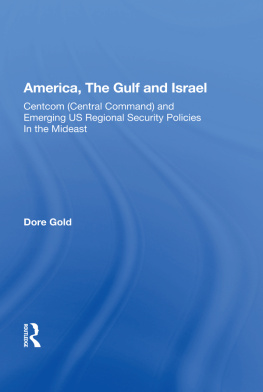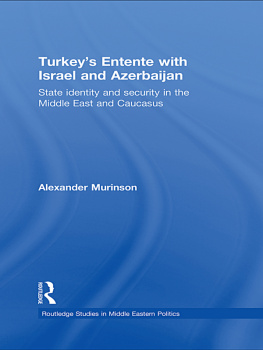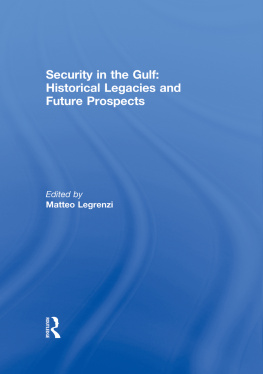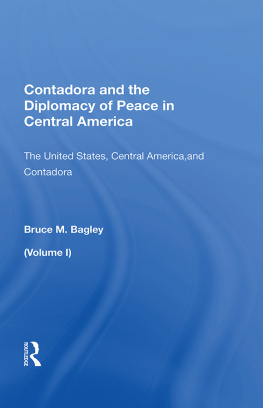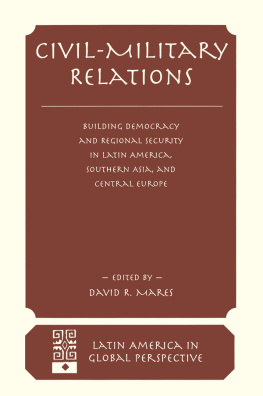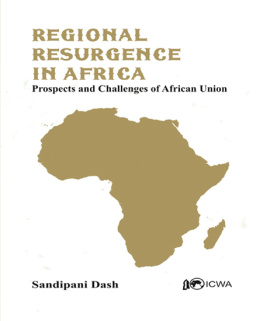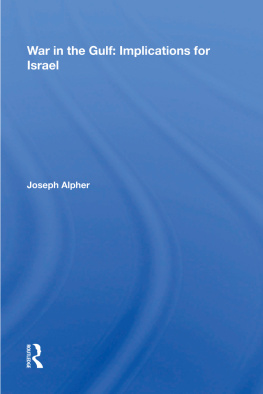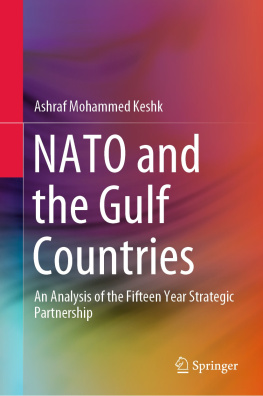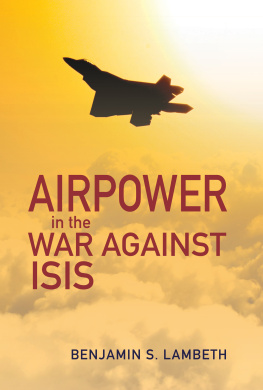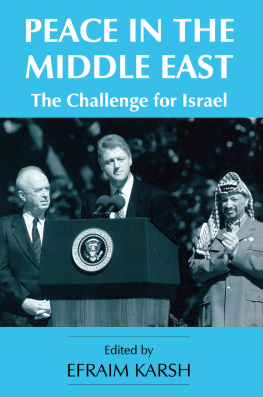Dare Gold - America, the Gulf and Israel: Centcom (Central Command) and Emerging Us Regional Security Policies in the Mideast
Here you can read online Dare Gold - America, the Gulf and Israel: Centcom (Central Command) and Emerging Us Regional Security Policies in the Mideast full text of the book (entire story) in english for free. Download pdf and epub, get meaning, cover and reviews about this ebook. year: 2020, publisher: Routledge, genre: Politics. Description of the work, (preface) as well as reviews are available. Best literature library LitArk.com created for fans of good reading and offers a wide selection of genres:
Romance novel
Science fiction
Adventure
Detective
Science
History
Home and family
Prose
Art
Politics
Computer
Non-fiction
Religion
Business
Children
Humor
Choose a favorite category and find really read worthwhile books. Enjoy immersion in the world of imagination, feel the emotions of the characters or learn something new for yourself, make an fascinating discovery.
America, the Gulf and Israel: Centcom (Central Command) and Emerging Us Regional Security Policies in the Mideast: summary, description and annotation
We offer to read an annotation, description, summary or preface (depends on what the author of the book "America, the Gulf and Israel: Centcom (Central Command) and Emerging Us Regional Security Policies in the Mideast" wrote himself). If you haven't found the necessary information about the book — write in the comments, we will try to find it.
Dare Gold: author's other books
Who wrote America, the Gulf and Israel: Centcom (Central Command) and Emerging Us Regional Security Policies in the Mideast? Find out the surname, the name of the author of the book and a list of all author's works by series.
America, the Gulf and Israel: Centcom (Central Command) and Emerging Us Regional Security Policies in the Mideast — read online for free the complete book (whole text) full work
Below is the text of the book, divided by pages. System saving the place of the last page read, allows you to conveniently read the book "America, the Gulf and Israel: Centcom (Central Command) and Emerging Us Regional Security Policies in the Mideast" online for free, without having to search again every time where you left off. Put a bookmark, and you can go to the page where you finished reading at any time.
Font size:
Interval:
Bookmark:
| AOR | Area of responsibility |
| AWACS | Airborne Warning and Control System |
| CENTCOM | US Central Command |
| CENTO | Central Treaty Organization |
| CINCNELM | Commander-in-Chief US Naval Forces Eastern Atlantic and Mediterranean |
| CONUS | Continental United States |
| CRAF | Civilian Reserve Air Fleet |
| DOD | US Department of Defense |
| EUCOM | US European Command |
| GCC | Gulf Cooperation Council |
| ISA | International Security Affairs (Department of Defense) |
| JCS | Joint Chiefs of Staff |
| LANTCOM | US Atlantic Command |
| MFO | Multinational Force and Observers |
| MIDEASTFOR | US Middle East Force |
| MPS | Maritime Prepositioning Ships |
| NATO | North Atlantic Treaty Organization |
| NSC | National Security Council |
| NTPS | Near-Term Prepositioning Ships |
| PACOM | US Pacific Command |
| RDF | Rapid Deployment Force |
| RDJTF | Rapid Deployment Joint Task Force |
| REDCOM | US Readiness Command |
| SAC | Strategic Air Command |
| SPECOMME | US Specified Command Middle East |
| STRICOM | US Strike Command |
| TVD | Teatr Voyennykh Deistviy (Soviet Theatre of Military Operations) |
| UAE | United Arab Emirates |
- iii
Font size:
Interval:
Bookmark:
Similar books «America, the Gulf and Israel: Centcom (Central Command) and Emerging Us Regional Security Policies in the Mideast»
Look at similar books to America, the Gulf and Israel: Centcom (Central Command) and Emerging Us Regional Security Policies in the Mideast. We have selected literature similar in name and meaning in the hope of providing readers with more options to find new, interesting, not yet read works.
Discussion, reviews of the book America, the Gulf and Israel: Centcom (Central Command) and Emerging Us Regional Security Policies in the Mideast and just readers' own opinions. Leave your comments, write what you think about the work, its meaning or the main characters. Specify what exactly you liked and what you didn't like, and why you think so.

